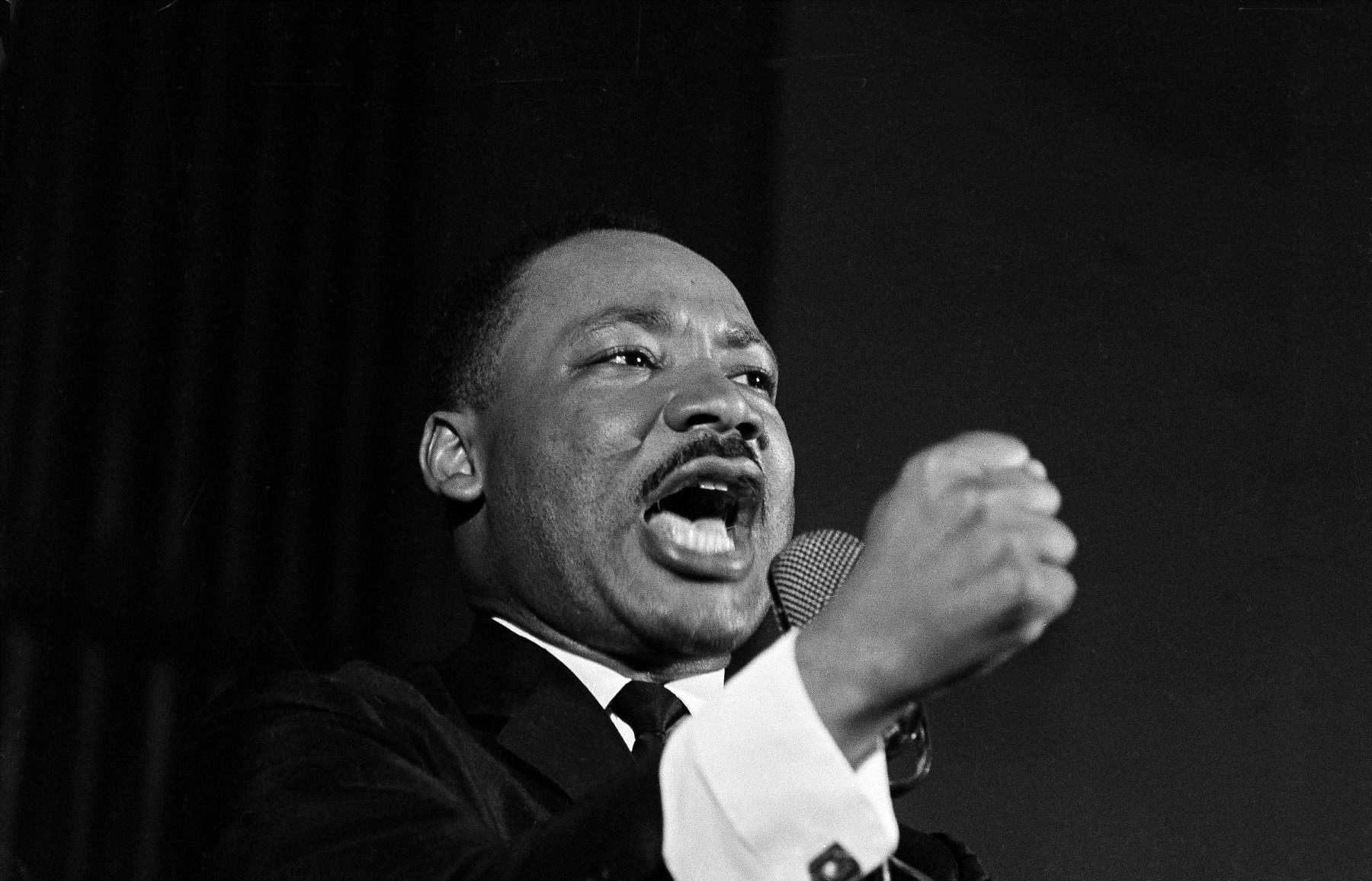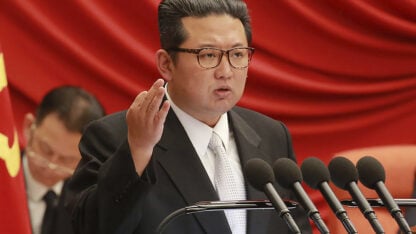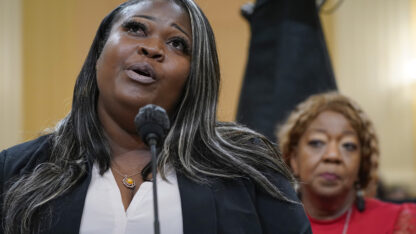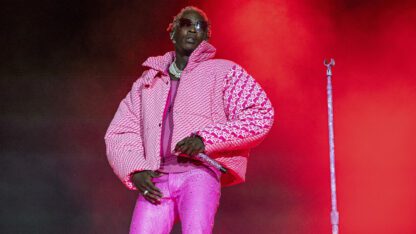By Lauren Ashe
Every year for the past 12 years, I have learned about Dr. Martin Luther King Jr. in school.
In elementary school, we celebrated MLK Day by watching “Our Friend, Martin.” In middle school, we spent the day discussing his plea for nonviolence and his call for a better world. In high school, we briefly discussed the letter from the Birmingham Jail.
The common theme between these years was the story that was always told. It has always been the same tale — MLK marched on Washington and fought for change using nonviolent methods.
It has never gone beyond the surface-level ideologies and methods that King practiced.
A few months ago, I remember seeing a meme that said something along the lines of, “Schools really teach the development of racism like this: Lincoln freed the slaves, Jim Crow happened, MLK marched and then racism was fixed!”
To me, this is the epitome of how racism and the civil rights movement is taught in schools.
It was up until my junior year of high school when I did my own research outside of school and found out that Dr. King was anti-capitalist, anti-war and often spoke out against white moderates.
It was then that I found out that MLK was reduced to a palatable and digestible character that could fit the narratives of those who opposed him in the ’60s.
As a preacher and the son of a minister, King valued the idea that society should be a level playing field for all people.
He spent his life pushing forward a vision of society that aims to provide equality for people of all races and backgrounds while focusing on the well-being of others. In all, he believed that society could reach these goals through the system of socialism.
In 1952, he wrote a love letter to Coretta Scott King that described his feelings toward his wife and America’s economic system.
In the letter, he stated, “I am much more socialistic in my economic theory than capitalistic.”
He then moves on to say that capitalism has “outlived its usefulness” and “brought a system that takes necessities from the masses to give luxuries to the classes.”
In many other instances, King shows his commitment to building a movement that overcomes capitalism and aims to achieve racial and economic equality for all people.
In his “The Three Evils” address in 1967, King stated, “The time has come for America to face the inevitable choice between materialism and humanism …We must also realize that the problems of racial injustice and economic injustice cannot be solved without a radical redistribution of political and economic power.”
In conjunction with this economic view, King was also heavily anti-war and often spoke out against the war in Vietnam. His views of equity extended beyond the United States and his movement for civil rights was global.
In his 1967 “Beyond Vietnam” speech, he urged the American people and government to consider their role within the war.
In the speech he noted, “Our only hope today lies in our ability to recapture the revolutionary spirit and go out into a sometimes hostile world declaring eternal hostility to poverty, racism and militarism.”
He was highly criticized for his take, which is not often taught in schools. Growing up, I was taught that most people did not oppose MLK and his ideas, which was far from the truth.
King was assassinated, and a 1966 poll showed that almost two-thirds of Americans had an unfavorable opinion of him. This jump in disapproval was a 26% increase from 1963. Ultimately, this is because of the increase in anti-war and anti-capitalist sentiments that he continued to express.
In addition to this, many Americans believed that he was unpatriotic because of his anti-war beliefs. Ultimately, this reminds me of the way Colin Kaepernick was criticized for his protests in 2016 and perfectly shows the harm that is done when the message of King is watered down.
The version of Martin Luther King Jr. that is prevalent today does not accurately portray the story of a man who was considered to be “radical” by the government.
The story of King largely waters down his revolutionary methods, which make his methods of nonviolent protest seem nonthreatening to the majority of society.
To ignore the disdain toward King and his revolutionary ideas is to inflict harm onto the movements of change that are prevalent today.
Oftentimes, there is a parallel between King’s fight for change in the ’60s and the fight for change today. But, people do not see this because of the way that his message was taught within schools. Ultimately, this leads the people of today to believe that the only way to achieve justice is to fight through nonviolence and be palatable to the majority, which could not be further from the truth.
King made large numbers of people uncomfortable. He pushed ideas that were unpopular and deemed as radical at the time. He was against conforming to the status quo and often fought against the norms of society.
Though today, we see figures who are doing the same getting criticized. Noting that their stances are “too radical” and “do not appeal to the majority.”
We watched as Republicans on state and national stages ran on the idea of their opponents being radical. Former Sen. Kelly Loeffler called Sen. Raphael Warnock a radical liberal 13 times during a debate and former President Donald Trump branded Joe Biden as a radical throughout the election cycle.
If the message was correctly taught within schools, maybe people could understand the revolutionary ideas that King held and begin to understand the various ways that change can be achieved. Rather than criticizing and de-legitimizing methods of change that are prevalent today, we could potentially work to see how these events have worked in years past.
To celebrate his legacy, we must deconstruct the digestible version of him that was taught to us and move forward knowing that he promoted what were considered to be radical methods of change.
We must celebrate all aspects of Dr. King and learn from his methods of standing up for what is right despite what may be popular at the time.
Only through this can we progress as a society and create a world that values equity on all fronts.
Lauren Ashe, 17, is a senior at St. Pius X Catholic High School. She has a passion for social justice and politics. She enjoys taking photos for her photography business and reading books in her free time. She hopes to inform and empower readers through her voice and work.
This story was published at VOXATL.org, Atlanta’s home for uncensored teen publishing and self-expression. For more about the nonprofit VOX, visit www.voxatl.org.










